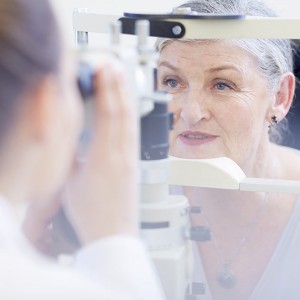 Optometry is an under-recognised part of the primary care workforce that needs to be integrated with the wider NHS in England, stressed optical bodies reacting to a review of primary care.
Optometry is an under-recognised part of the primary care workforce that needs to be integrated with the wider NHS in England, stressed optical bodies reacting to a review of primary care.
Eye health issues were already the second highest reason for outpatient visits, said The Optical Confederation and Local Optical Committee Support Unit, which would escalate due to the aging population.
Commissioning of eye services had been shown to prevent unnecessary hospital attendances but better IT infrastructure was needed to link services, it was stressed. Further demands called for an increase in the numbers of optometrists trained in independent prescribing together with a framework to support them.
Register now to continue reading
Thank you for visiting Optician Online. Register now to access up to 10 news and opinion articles a month.
Register
Already have an account? Sign in here


